1975: Chronicle Of The Years Of Fire (Mohammed Lakhdar-Hamina)
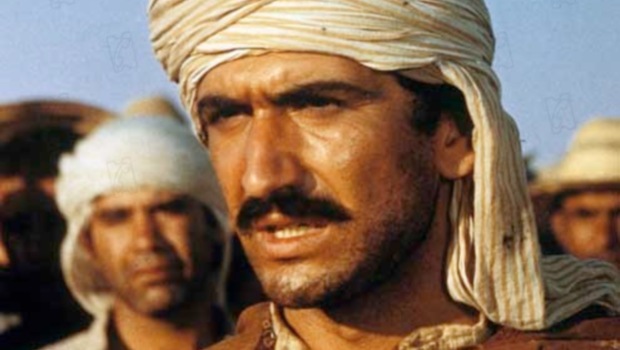
After a decade of being called Grand Prix du Festival International du Film, the Palme dOr became the Palme dOr again, and went to Lakhdar-Haminas tough drama set during the Algerian War of Independence. Running at nearly three hours long and far from The Conversation in terms of traditional cinema thrills the little-seen film has largely been forgotten, especially when compared to the following years winner...
1976: Taxi Driver (Martin Scorsese)
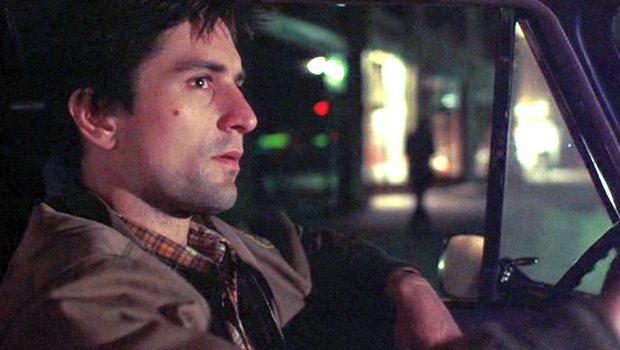
Although screenings of Taxi Driver never sunk to the disaster that was Travis Bickles idea of cinema date within the film, it was booed at Cannes. The violence may seem tame by todays standards, but audiences opposed Robert De Niros antihero and his blistering nihilism. Of course, its widely recognised as a masterpiece and regularly tops polls, which goes to show the jury (that year led by Tennessee Williams) are prepared to stick their neck out when it matters.
1977: Padre Padrone (Paolo Taviani, Vittorio Taviani)
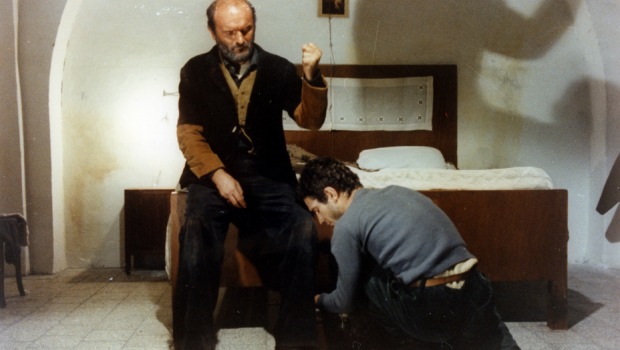
Despite the title meaning father and master in English, the Italian directors are actually brothers. The drama, initially intended for TV, is based on the real life of Gavino Ledda, a linguist and author whose road to adulthood involved dodging his fathers strict orders to join the familys long line of shepherds. However, by not becoming a shepherd, he also avoided becoming a sheep.
1978: The Tree Of Wooden Clogs (Ermanno Olmi)
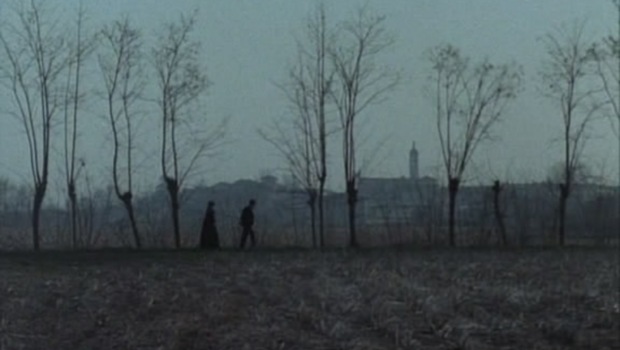
Set in 1898, a year when trees apparently grew shoes instead of leaves, Olmis old-fashioned Italian neorealist drama tells the story of poor families facing hardship. The title actually refers to the effort that goes into acquiring the wood for clogs, which is one of many long, slow takes about peasants impatiently waiting for a social revolution. To ensure viewers feel the characters pain, it lasts for 186 minutes.
1979: The Tin Drum (Volker Schlndorff), Apocalypse Now (Francis Ford Coppola)
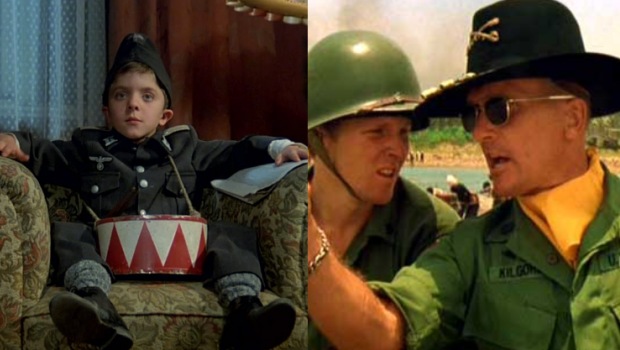
Two contrasting winners, to say the least. The Tin Drum is a dark German comedy about a young boy who no longer wants to be part of a world that allows war and suffering. Banging a toy drum, however, is fine by his rules, even as he enters adolescence. Drowning out the drums though is Apocalypse Now, Coppolas infamously ran over budget with his take on the Vietnam War. Notorious for its various edits, the early pre-cinema cut that played Cannes ran for three hours.
1980: All That Jazz (Bob Fosse), Kagemusha (Akira Kurosawa)
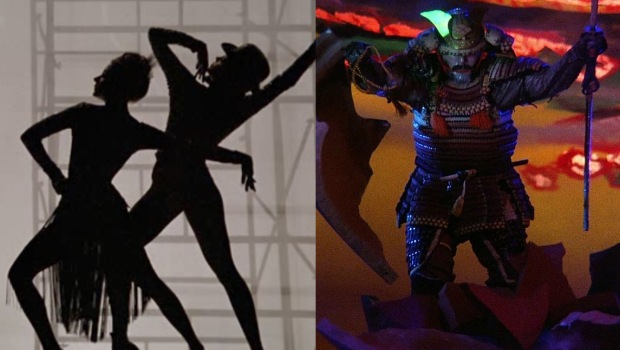
Fosses musical is a mixture of personal experience and 8 (from Cannes favourite Fellini), detailing a stressed theatre directors (Roy Scheider) struggle with work pressures, creative exhaustion, and an inability to juggle the women in his life. Taking place in a separate country and era, Kurosawas Kagemusha is another of the Japanese directors epic period dramas this time examining how a criminal winds up getting involved with the Battle of Nagashino.
1981: Man Of Iron (Andrzej Wajda)
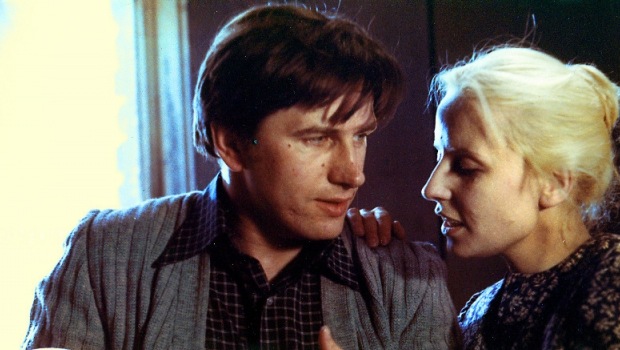
No, nothing to do with Arnold Schwarzenegger. Wajdas political protest (and sequel to Man Of Marble) was a timely feature, shown during a year-long gap when Communist censorship was suspended, and eager to fire shots at the Polish government. The story, in short, concerns workers who battle for their own union and convince a journalist to publicise their cause. When censorship returned to Poland in December 1981, it was banned.
Bringing all the latest movie news, features, and reviews to your inbox
1982: Yol (Yilmaz Gney), Missing (Costa-Gavras)
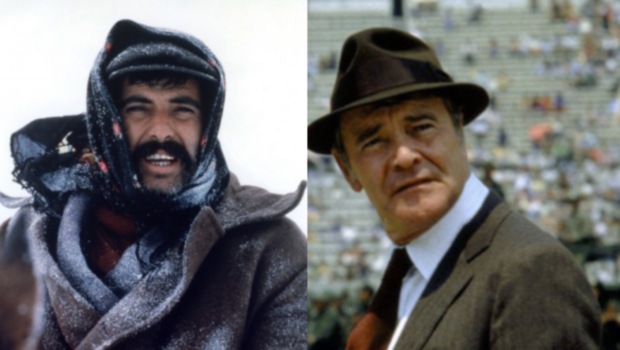
Despite being stuck in prison, Gney was able to direct Yol and win the Palme dOr by sending instructions to an assistant on how he imagined his film. The Turkish drama, critical of the justice system, earned admirers in the Cannes jury, but was banned in Turkey for more than a decade. A similar fate faced Missing: Jack Lemmon and Sissy Spacek play parents searching for their son, a journalist who disappeared under suspicious circumstances. Costa-Gavras publicly based it on the death of Charles Horman, which led to the films ban in Chile. A banner year indeed.
1983: The Ballad Of Narayama (Shhei Imamura)
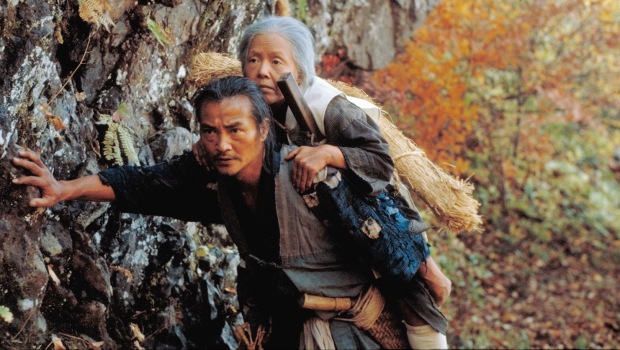
Every town has its own quirks some more desirable than others. In a rural Japanese community, its tradition to commit suicide at the age of 70 by starving oneself atop a nearby mountain. At the age of 69, Orin (Sumiko Sakamoto) prepares her family for a life of independence, while accepting her time is up. It perhaps wont be comfort viewing for anyone approaching their twilight years.
1984: Paris, Texas (Wim Wenders)
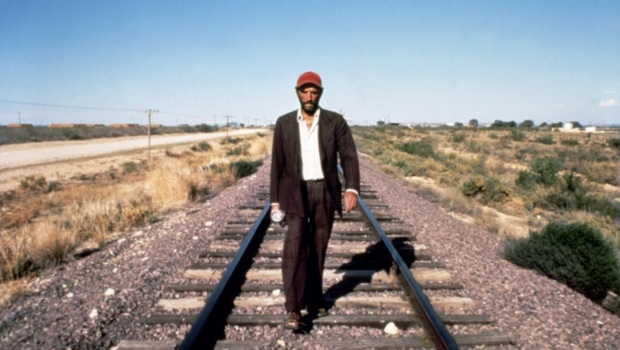
Character actor Harry Dean Stanton takes a rare central role as Travis Henderson, an amnesiac returning to his son after a four-year absence, and ready to search for his missing wife. But the real star of Wenders road movie is Robby Mller, whose cinematography finds beauty in every facet of Travis journey: the hazy mysteries of the desert, how the sun wiggles its way through the car window, and a heartbreaking finale scored by Ry Cooders guitar.


